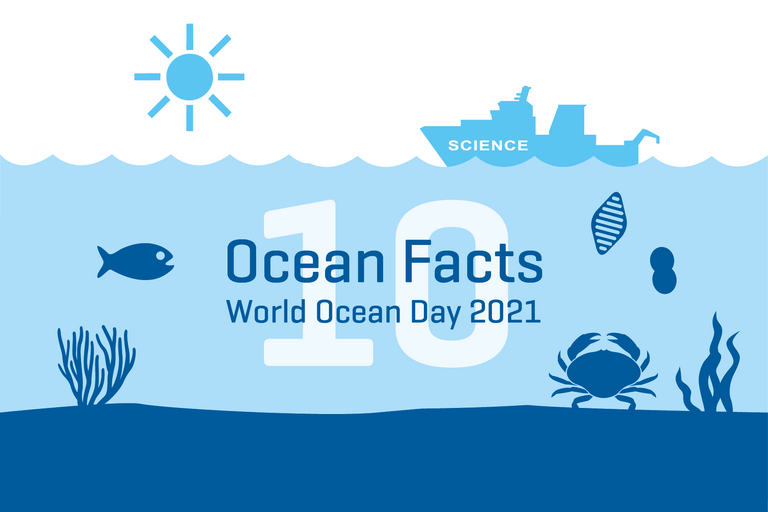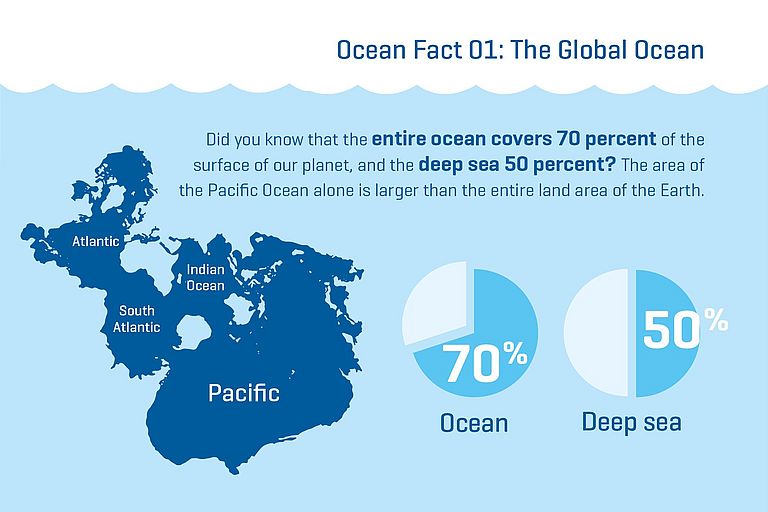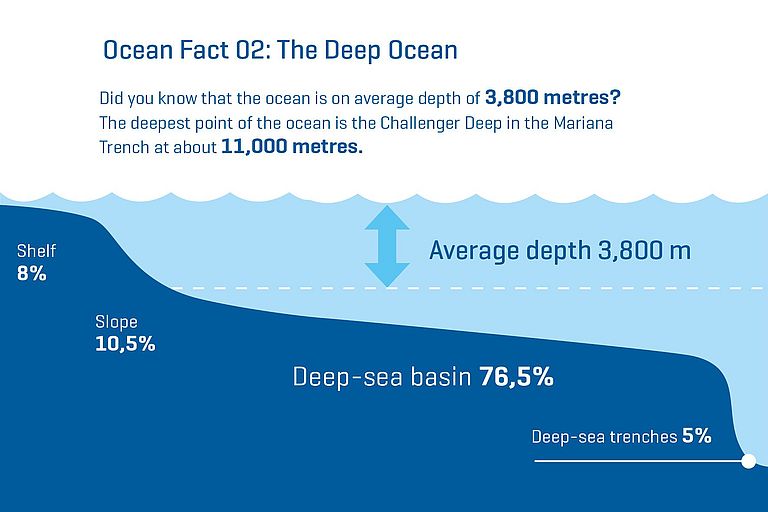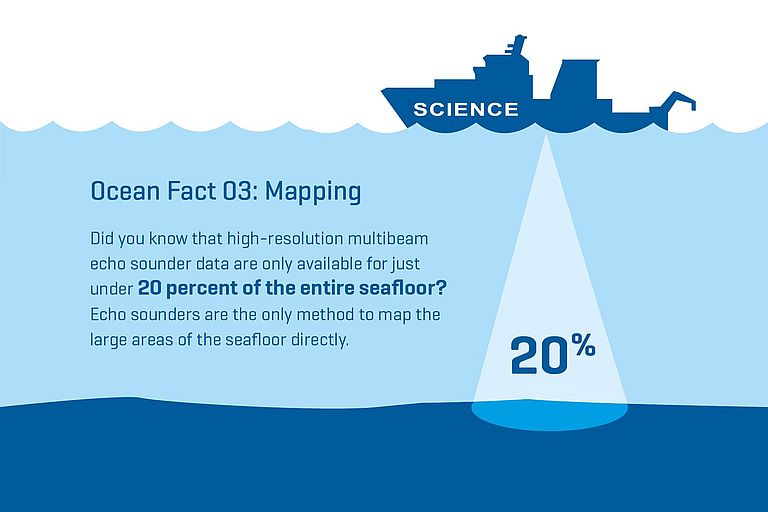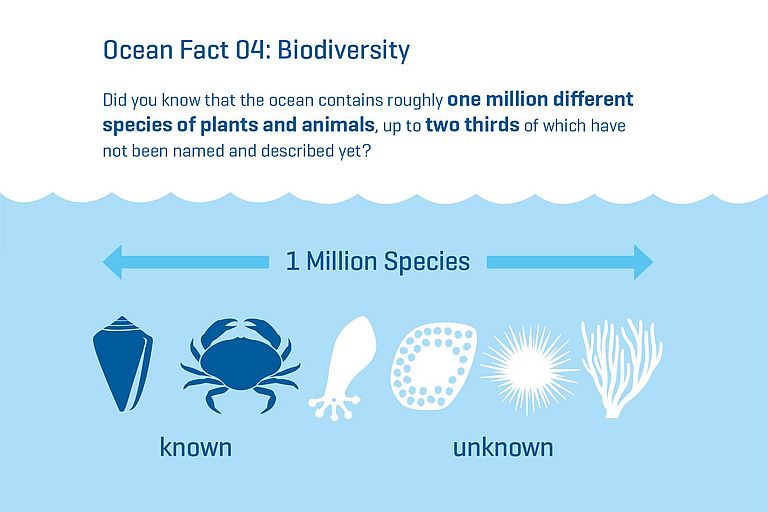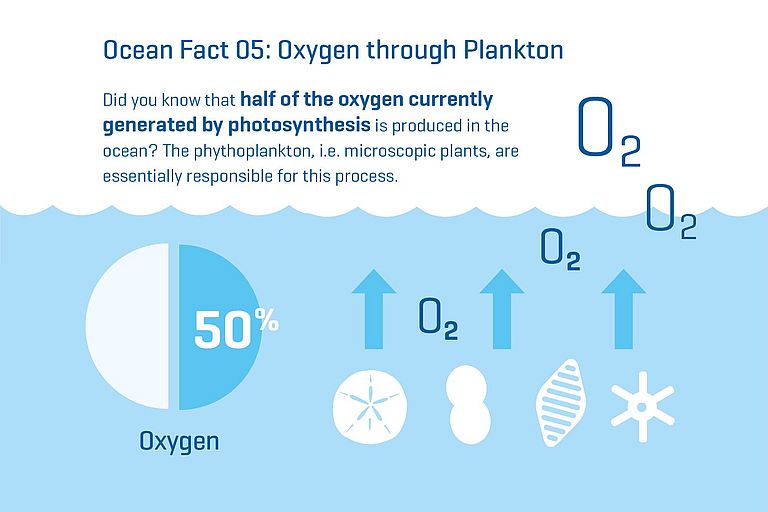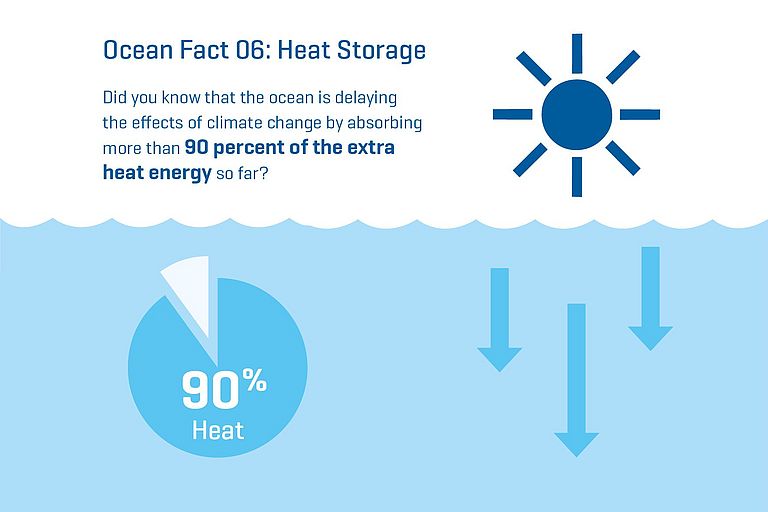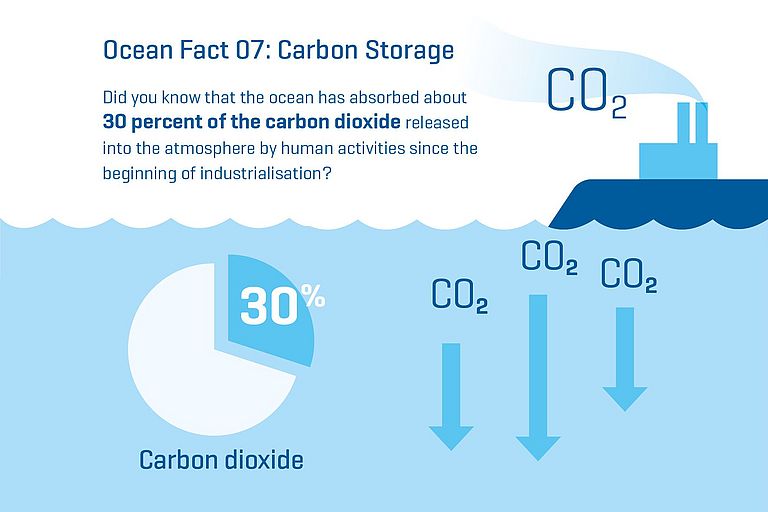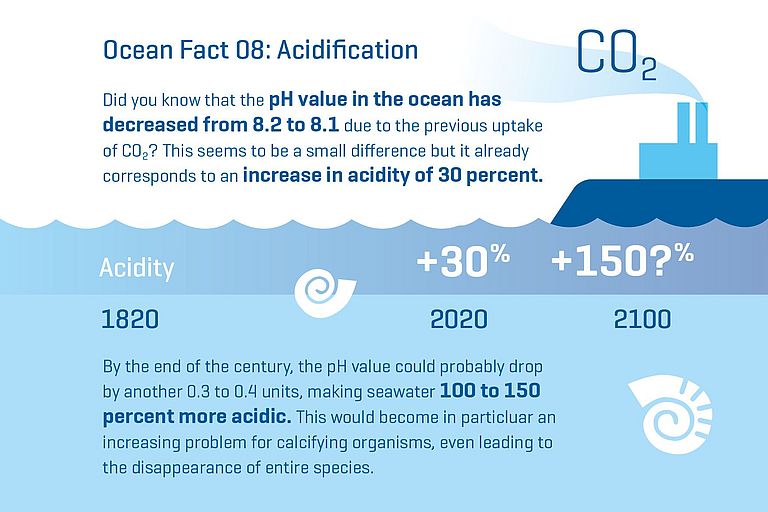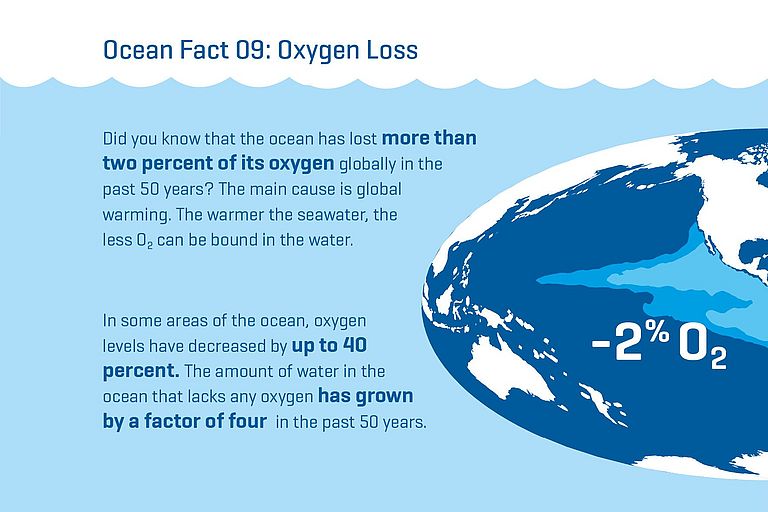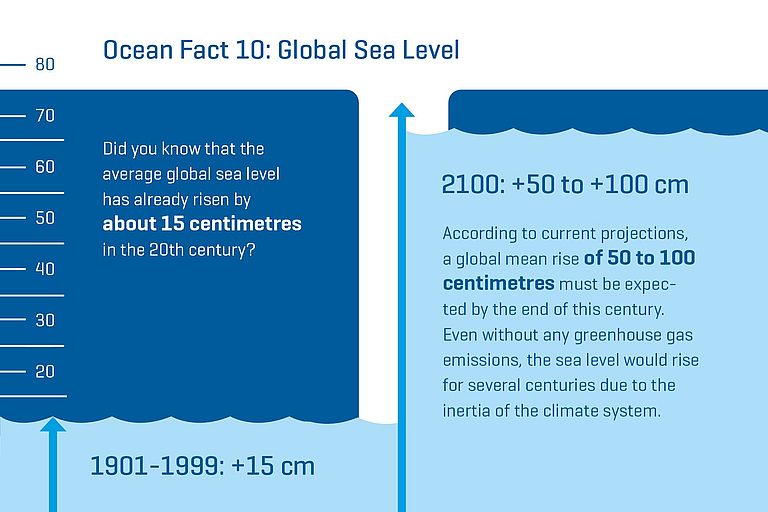10 Facts about the Ocean
On World Oceans Day
08 June 2021/Kiel. Today is World Oceans Day. The ocean is the largest habitat on our planet, yet still largely unexplored. It is essential for providing vital oxygen.But our oceans are under increasing pressure: human activities are destroying habitats, polluting the oceans, and greenhouse gas emissions are causing the ocean to acidify and oxygen levels to decline. In addition, sea levels continue to rise.
Knowing more about our ocean in order to protect it and use it sustainably is one of the core goals that is also being pursued at GEOMAR Helmholtz Centre for Ocean Research Kiel. For World Oceans Day, we have therefore compiled 10 facts about our ocean in order to make the dimension and importance of our oceans clear in a simple and striking way.
